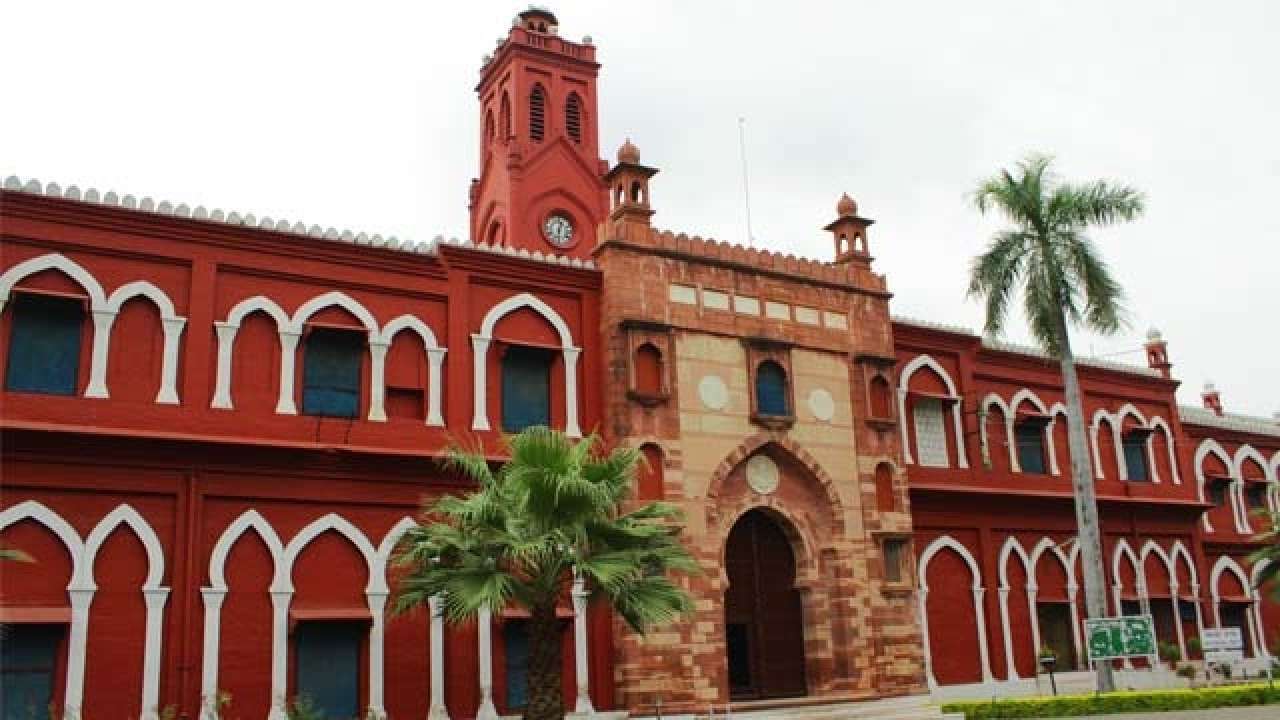Rajvardhan Singh Parmar, chief of the Maharana Pratap Sena and a proponent of Hindutva ideology, has ignited a storm of criticism for his inflammatory remarks at an event held at Jantar Mantar in Delhi. Parmar called for making Delhi “Muslim-free” and advocated changing street names honoring Muslim rulers. The controversial statements have triggered strong reactions on social media, with users urging the Delhi Police to take action against Parmar.
Parmar, who was previously arrested in June on charges of raping a woman in New Delhi’s Uttar Pradesh Bhavan, is currently out on bail. At the Jantar Mantar event, he not only targeted Muslims but also expressed a desire for a “madrassa-free” and “mazar-free” Delhi, adding that slogans were raised and gangajal (water from the Ganges) was sprinkled on the Ajmer dargah.
Hindutva Watch, a research initiative monitoring hate crimes, shared a video of Parmar’s speech, intensifying the call for accountability. Social media users questioned why such hate speeches were allowed and emphasized the need for action against Parmar.
Asif Khan, a social media activist, directly addressed Delhi Police, seeking clarification on whether Parmar’s speech would be considered hate speech and urging authorities to take appropriate action. The incident has reignited discussions on the prevalence of hate speeches and the effectiveness of implementing measures to curb them.
Despite directions from the Supreme Court to take suo moto action against hate speeches, incidents of anti-Muslim vitriol persist, reflecting a concerning 40 percent increase in hate speeches nationwide, according to the latest report from the National Crime Record Bureau. The failure to promptly address such incidents highlights the challenges in tackling hate speech and ensuring the safety of diverse communities.










































